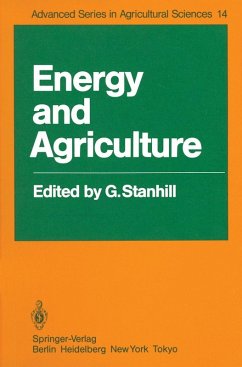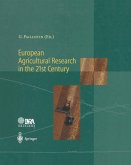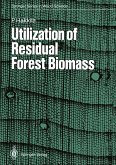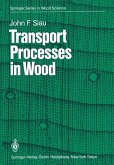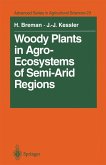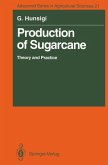Energy and agriculture are both extremely broad subjects and their interactions - the subject of this book - cover almost the full spectrum of the agricultural sciences. Yet the subject is a relatively new one whose importance first received widespread recognition barely a decade ago, following the dramatic increase in oil prices during 1973. The impact of this increase was such as to promote a world-wide debate on the future direction that agriculture should take. This debate was, and is, of particular concern in countries where agriculture plays a leading role in economic and social development. During the last half century many national agricultural systems have been transformed from almost closed, self-sufficient systems with few locally produced inputs geared to satisfy local requirements, to intensive, open systems, utilizing large quantities of energy-rich inputs such as fossil fuel for manufactured agro-chemicals, water distribution and imported animal feedstuffs to produce a range of sophisticated products, often for export, which in tum require many energy-rich inputs for their marketing. This industrialization of agriculture has proved to be very successful in many respects and indeed was accepted as a general model for agricultural development allowing increased productivity and efficiency per unit land, labor and water, even in areas with limited natural resources.
Dieser Download kann aus rechtlichen Gründen nur mit Rechnungsadresse in A, B, BG, CY, CZ, D, DK, EW, E, FIN, F, GR, HR, H, IRL, I, LT, L, LR, M, NL, PL, P, R, S, SLO, SK ausgeliefert werden.

